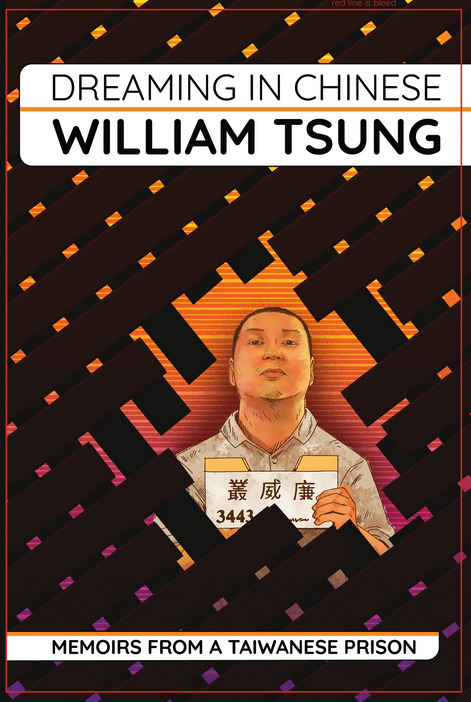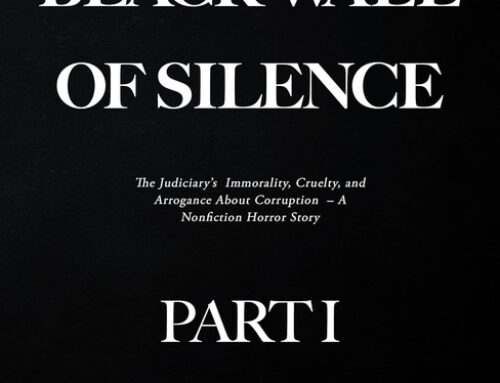
Raw and unflinching, Dreaming in Chinese: Memoirs from a Taiwanese Prison by William Tsung is an unforgettable tale of injustice and perseverance.
When Tsung landed back in Taiwan for a short trip from Los Angeles, he had no idea that his freedom was about to be taken from him. After being caught with marijuana-infused snacks that he relied on for anxiety, he was dropped into the faceless machine of Taiwan’s overcrowded prison system. Tsung was quick to adapt to life behind bars, and found use as a translator, but this behind-the-scenes peek reveals just how dehumanizing, dangerous, and depressing prison life can be.
Taiwanese prisons are essentially forced-labor camps where prisoners can buy time off their sentence by sacrificing their bodies. At times packed into cells with more than ten people, Tsung was shuffled between factory jobs and prisons across Taiwan, often without adequate medical support or communication, and every interaction with authority seemed to spiral deeper into a Kafkaesque nightmare. Supported by devoted aunties and the righteous knowledge that he had been imprisoned unjustly, Tsung adjusted to the incarcerated population, making friends and a few enemies along the way, but ultimately learned the hard truth about the oppressive system of justice in the country.
Going beyond his horrifying lived experiences of the criminal justice system in Taiwan, Tsung also fearlessly dives into the complex and somewhat taboo subjects of mental health, drug use, masculinity, cultural extremes, privilege and entitlement, and unresolved trauma. Some of the author’s commentary touches on the often-overlooked issue of recidivism, and the inherent challenges of getting out of the system. With a well-considered narrative attacking the subject from many angles, the terrifying and dismal moments of this candid memoir are also balanced by occasional bursts of lightness, or odd acts of kindness, such as a freely offered cigarette – a reminder of how precious freedom is, and how easily it can be lost.
Though the connection between the author’s treatment in his Taiwanese prison and the sprawling prison industrial complex in America is not overt, the heart of Tsung’s story has an abolitionist spirit, as the memoir critiques the very nature of incarceration and the human rights violations that seem to inevitably follow. Given the spotlight that has recently been refocused on law enforcement and prison systems around the world, this brutally honest account is even more powerful and timely. There are occasional slips into a more judgmental mindset, especially when talking about more hardened criminals, but the overall argument against law enforcement and imprisonment is clear.
From a technical perspective, the writing is well-edited, with few glaring errors or grammatical mistakes, though the language does tend toward simple and unembellished, when it could have gone into more detail beyond the sociological or political aspects of imprisonment. That said, Tsung’s straightforward style makes for a smooth reading experience, as do the matter-of-fact exchanges of dialogue and the declarative pieces of exposition.
Both immersive and clinical in its detail, this gritty and thought-provoking exposé of the prison system raises vital questions about our modern standards of societal ethics, particularly when it comes to our treatment of the world’s “lowest” citizens, for a haunting, visceral, and timely memoir.
Book Links
STAR RATING
Design
Content
Editing
Get an Editorial Review | Get Amazon Sales & Reviews | Get Edited | Publish Your Book | Enter the SPR Book Awards | Other Marketing Services























Leave A Comment